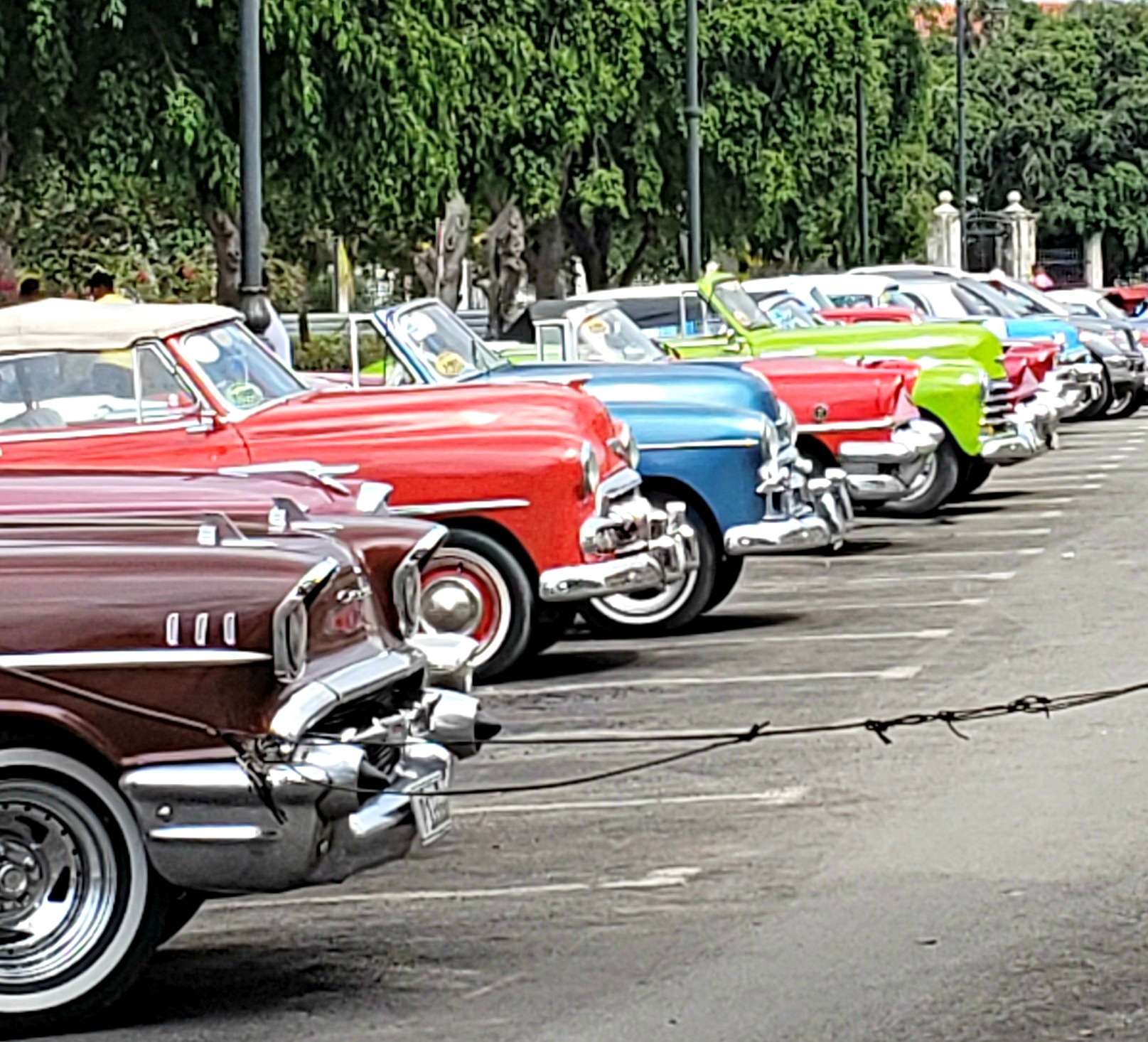Sasquach
Hidden in plain sight
The Build Back Better Act that passed the House contained provisions that made massive investments in building out a nationwide supercharging network. Ideally, in the next couple years, we can bring that back to get a head start on building out a charging network.
For renters, I don't really see this as being a problem. Most people who rent apartments or whatnot have cars that have gas tanks with roughly a 300 mile range (give or take), and can't refill their gas tank at home. They still have to go to a gas station which takes 5-10 minutes. In the same way, they can stop by a location with a charging station to do the same. I definitely think the time per fill-up and range per charge isn't quite as efficient as a gas vehicle, which most rapid chargers doing somewhere around 100-200 miles of range in 20-30 minutes.
But the rapid charging network locations doesn't have to be the same as what we have now either. We don't have to create specific gas stations just for refueling cars. We can build out super chargers pretty much anywhere where there's a nearby electrical grid. A lot of restaurants have charging stations, malls, libraries, and I've even seen chargers at like McDonald's or a local grocery store. The point is, we need chargers everywhere, but we actually CAN start putting chargers everywhere. Their footprint is far smaller than an entire gas station, the distribution is more distributed, and people can start refueling their cars no matter what else they're doing like running errands or grabbing a bite.
Yes, apartment complexes can and should be installing charging stations, but there's no reason to avoid a transition to an all EV industry simply because they haven't yet and need to.
The recycling issue is a problem. Though I'd argue that burning fossil fuels until we run out and the planet burns up is the far bigger issue. Right now, several of the auto manufacturers have been looking at battery recycling as a potential avenue towards decreasing the dependency on rare earth minerals needed to produce batteries now. Like GM's Ultium Cell technology, which GM estimates they can plan on recovering 95% of the materials during the recycling process to produce new Ultium batteries.
As for the grid and its ability to support EV vehicles, as you mentioned, we have problems with our aging power grid already. Texas, quite famously, has had some pretty extensive and serious outages recently and at the same time prides itself on avoiding evil federal government "regulation" with laughable results. But even in "pro regulation" environments like California they have struggled with their grid.
Lake Mead is getting close to having to shut down due to a lack of water, which won't help Las Vegas any. But some of these grid challenges can be mitigated through distributed power generation like adding solar panels to everyone's rooftops. In a net metering scenario, with a big enough array, you can pretty much power a home just with the sunlight that hits its roof most days, sending excess back into the grid. Add a battery backup solution and you can charge a car overnight. Minimizing draw on the network.
Does it fully and perfectly off set the need to replace aging infrastructure and solve for problems like power generation during ice storms and when there's excessive cloud cover? No. But we have those problems right now. I don't think something not being a perfect silver bullet for all scenarios doesn't mean we don't still do the work anyways.
We need to improve storage and we definitely need more nuke plants and people to stop with the NIMBY bullshit.
Theres a chicken and egg scenario going on with people not wanting the EV's until the infrastrcuture is up to par and the infrastructure not getting built unless EV adoption is plentiful.
Your energy comment brings up another point. All the **** that needs to be done costs alot of money up front, money that not alot of people have just sitting in a piggy bank under their mattress.
Someone has to get the ball rolling and right now only the wealthier tier of people can really make those moves without having a "its either this or food on the table" argument.



